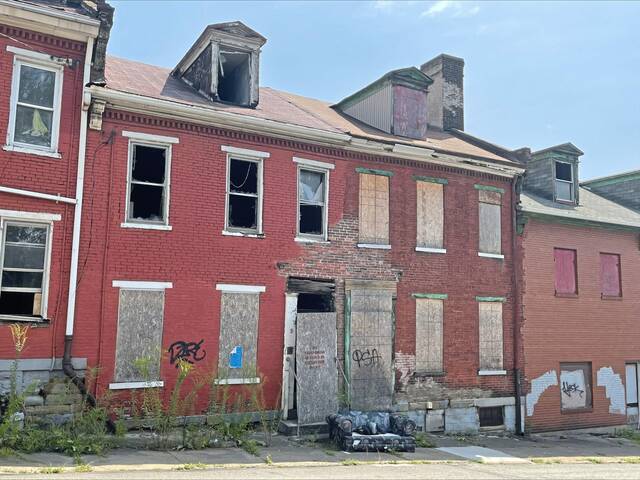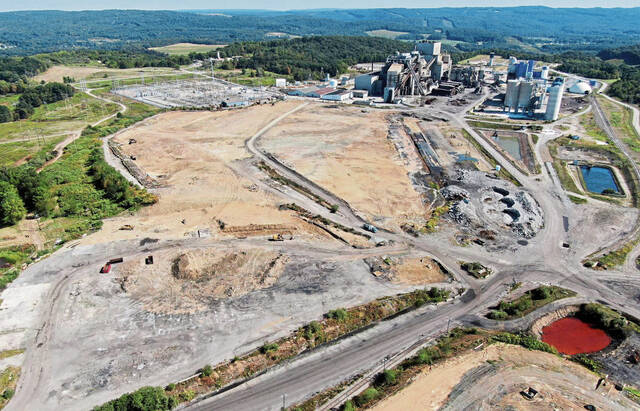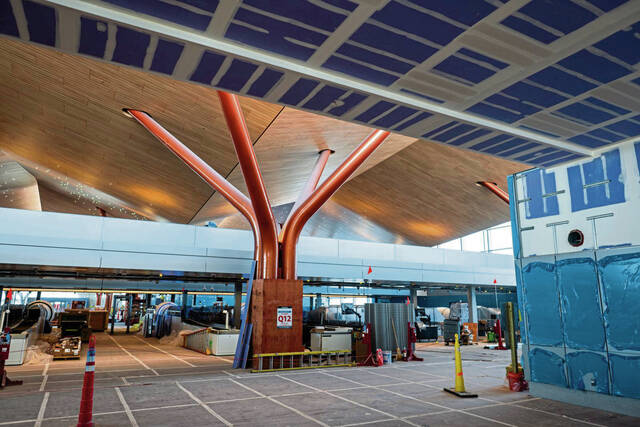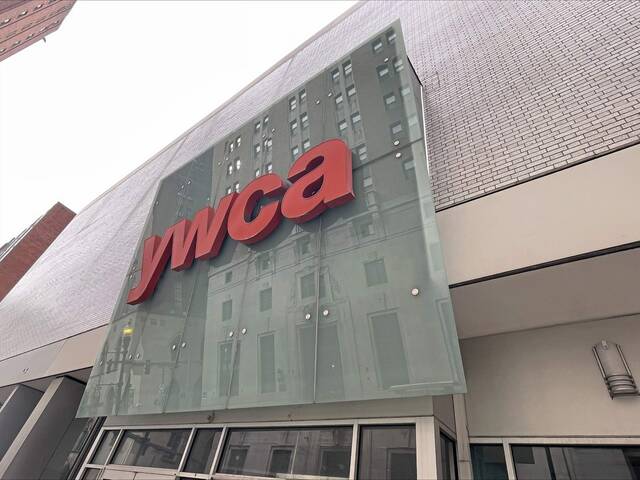A City of Pittsburgh effort to return properties to the tax rolls by challenging their tax-exempt status is paying dividends. But the research director of the Allegheny Institute for Public Policy says there are better, alternative actions that would bolster the city’s coffers even further.
“Government-owned properties are included in the tax-exempt total,” reminds Eric Montarti. “There are efforts the city could undertake to reduce the percentage of exempt value other than challenging the tax-exempt status of charities.”
It was in March 2023 that the city challenged the tax-exempt status of 26 parcels the city felt did “not meet the purely public charity test and/or the property does not serve a charitable purpose.”
To date, Allegheny County’s Office of Property Assessment (OPA) has determined that 10 parcels now are taxable while 16 have been determined to remain tax-exempt.
“The reclassification of the 10 parcels will result in close to $200,000 in new property taxes for local taxing bodies,” Montarti says.
The think tank scholar says a response from an open records request to the county on the results from the challenge shows the assessed value of those 10 properties is $8.3 million. The annual tax collections of the three taxing bodies after the parcels are “returned to taxable status” total $197,876, with the city collecting $73,278 from its tax and two special levies.
“Five (properties) last sold sometime between 1976 and 1992,” Montarti notes. “Six of the parcels are land only. Two parcels owned by educational institutions account for 96 percent of the total assessed value of the reclassified parcels.”
But Montarti reminds that those 10 parcels are a small fraction of the tax-exempt property in Pittsburgh.
“As of the Dec. 25, 2023, parcel count and value report from OPA, there are 18,215 tax-exempt parcels in the City of Pittsburgh with an assessed value of $11.7 billion,” he says. “Since 2013, when reassessed values went into effect, the percentage of tax-exempt property of all assessed value in the city has averaged 37.3%.
“A 2022 report by the county and city controllers showed that in the city $6.4 billion of tax-exempt property was owned by nonprofits,” Montarti adds.
Montarti says that a number of additional actions could, and should, be taken to further bolster property tax collections.
“This would include encouraging Pittsburgh Public Schools to close unused or little used school buildings and sell them, preferably to buyers who will not be eligible for tax-exempt status.
“The city should also end the use of tax abatements and incentives that defer property tax receipts from private property developments,” Montarti stresses.
It also could evaluate properties it owns to determine if there are some that could be sold to private owners for taxable use, he says; authorities related to the city could sell some of their currently tax-exempt holdings to private-use purposes to increase the property tax base.
For 2024, the city did not increase the property tax millage and is budgeting $151.8 million in property tax revenue. Montarti reminds that additional challenges on tax-exempt properties could increase that revenue, depending on appeals and the other concurrent changes affecting assessed value citywide.
“What the city should not do is collect additional revenue in order to increase spending,” he cautions. “Spending per-resident has consistently been above other comparable cities; Pittsburgh must reverse that trend.
“Becoming more business- friendly, without incentives, can grow the property tax base as well,” Montarti concludes.








